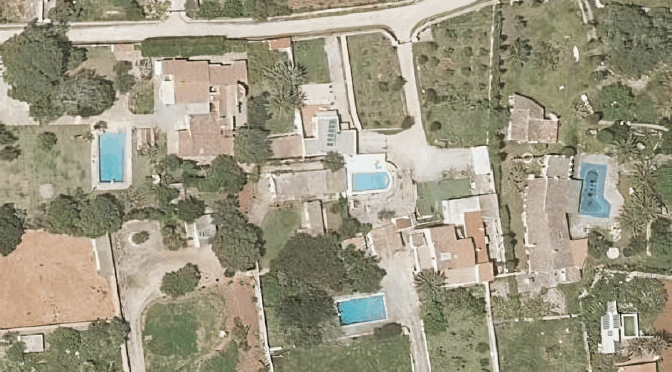Views: 1231
The Plenary of Spain’s Constitutional Court has decided to admit the appeal filed against Balearic Law 7/2024, presented as an administrative simplification law but in reality concealing many provisions that represent a significant setback for territorial planning.
When this Law was passed, many social actors considered it a violation of fundamental legal principles and an unprecedented regression in terms of territorial and environmental protection.
Thus, based on a broad social front, work was done with various political groups represented in the Spanish Parliament. More than 50 MPs from PSOE, SUMAR, and PODEMOS joined forces to present a Constitutional appeal, fundamentally based on existing jurisprudence from previous rulings of the Constitutional Court on similar issues to those posed by the Balearic Law.
Main causes
The process of general legalisation of buildings and irregular uses on rural land is central to the appeal’s argument, as it is seen to violate the principle of equality among citizens. Let us recall that the aforementioned Law proposes a generalised amnesty for urban planning infringements on rural land.
Under the narrative of wanting to regularise small buildings in rural areas, the reality is that large illegally built villas could see their property value increase significantly. This amounts to rewarding offenders, to the detriment of those who have followed the rules. This directly clashes with the principle of equality before the law and sends a terrible message to society.
On the other hand, the concept of “positive silence” to further facilitate such legalisation is considered a major environmental regression and again discriminatory towards people who process permits in the usual manner (which are only valid if they receive explicit positive approval from public institutions).
Greater legal uncertainty
To the already significant uncertainty generated by the Balearic modifications for technical and legal professionals working in territorial matters, we must now add the acceptance of an appeal of presumed unconstitutionality.
The Balearic Government has attempted to conceal these provisions under the banner of a Pact for Sustainability. But while well-meaning people met and submitted proposals to improve the current saturation situation, the Government, always via decree-law—which allows no participation—has continued changing the rules of the game to favour privileged minorities.
Today, the Pact for Sustainability is nothing more than a publicity operation that is periodically relaunched, while the amended legislation will now have to go through the filter of the Constitutional Court.
From the organisations that have promoted this appeal, there is hope that the ruling will put a stop to the policy of territorial deregulation by decree-law.

